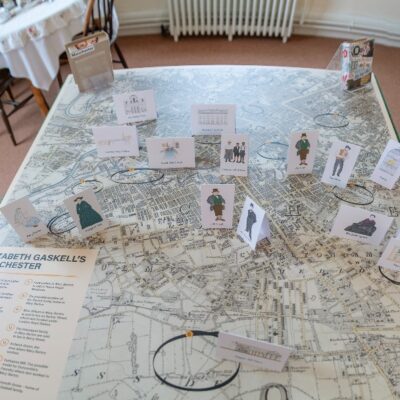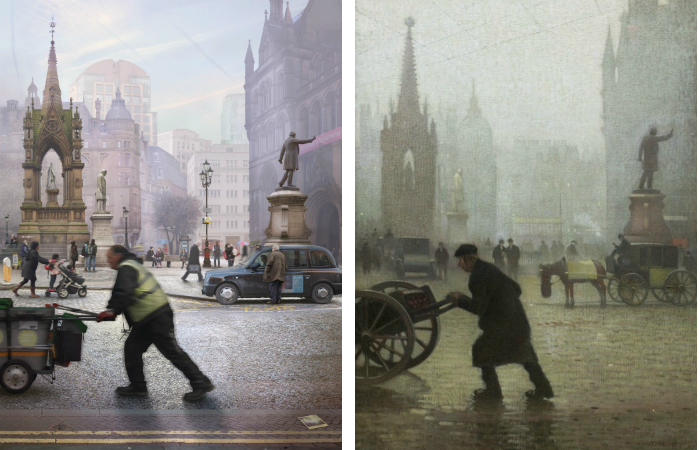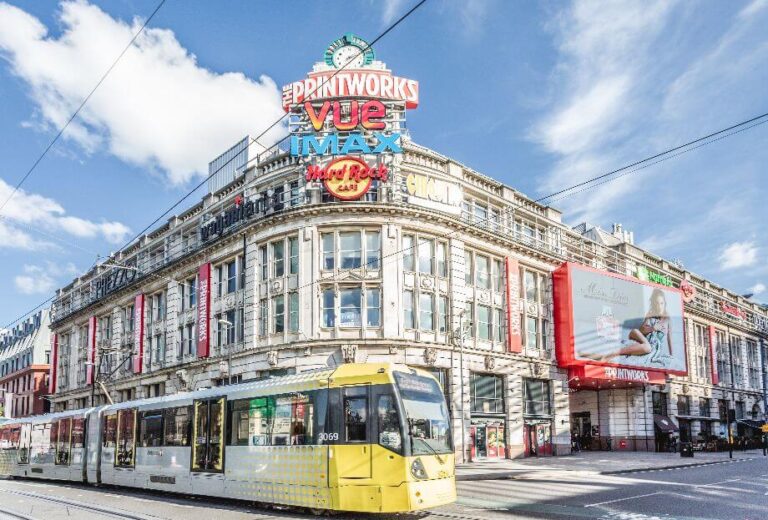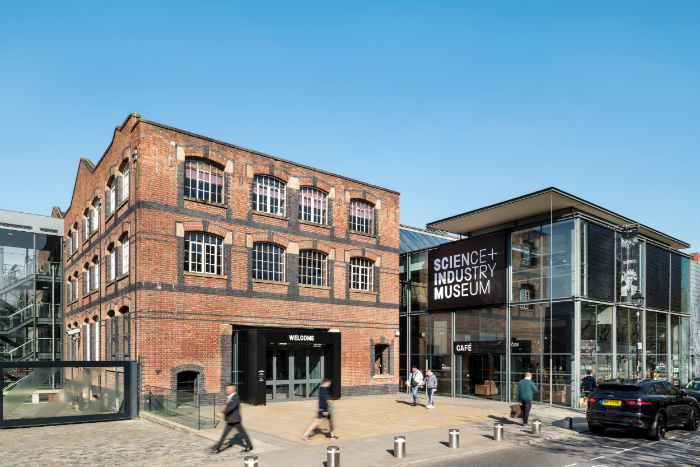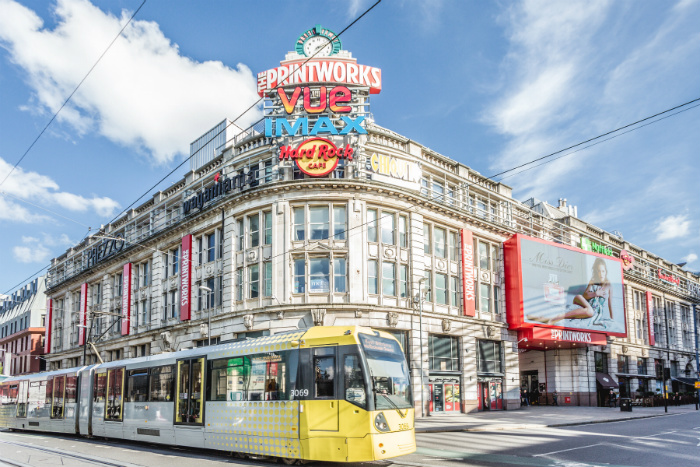How Elizabeth Gaskell and Oasis Gave the World a Mancunian Voice
Northern voices, then and now
Elizabeth Gaskell’s House is drawing fresh connections between the celebrated 19th-century author Elizabeth Gaskell and one of Manchester’s biggest musical exports, Oasis. The summer-long campaign examines how both Elizabeth Gaskell and the Gallagher brothers reshaped perceptions of northern identity and language — nearly 150 years apart.
Sally Jastrzebski-Lloyd, Director of Elizabeth Gaskell’s House, explained, “As someone who grew up in Greater Manchester, the summer of 2025 is a reminder of how the nation (and the world) turned its head to admire ‘cool’ Manchester and how suddenly the northern accent was given status and pride. Back in the mid-90s it really did feel like Oasis were giving us northerners a champagne supernova moment and we really were ‘mad for it’. The northern accent suddenly had kudos and respect.”
Gaskell’s language legacy
In 1848, Elizabeth Gaskell published her debut novel Mary Barton – A Tale of Manchester Life, using Lancashire dialect and vivid realism to depict working-class life. According to Jastrzebski-Lloyd, her use of speech was ground-breaking. “Elizabeth was a pioneer of abolishing language prejudice” she explains, “She gave it a dignity and pride that compares in my mind to what Oasis did in the 1990s. By using dialect in her novels, she was able to share Mancunian (or Lancastrian as it would have been then) with the world; very much as the Gallagher brothers did, although perhaps without the swagger and the arguments!”
Despite such influence, Gaskell remains underappreciated in her adopted home city. “I’ve lost count of the times I’ve told people where I work and they look at me blankly,” said Jastrzebski-Lloyd. “The city region that Elizabeth wrote about so passionately and accurately has largely forgotten her; she’s not taught in Manchester schools or adapted for TV as regularly as Austen and Dickens.”
From Burnage to Plymouth Grove
Though she wasn’t born in Manchester, Gaskell lived in the city from 1832 until her death in 1865. Her home on Plymouth Grove — just two miles from Burnage, where the Gallagher brothers grew up — remains the city’s only literary house and continues to welcome visitors from across the world.
Her novels have been translated into multiple languages including German, Russian, French and Japanese, securing a lasting global fan base.
This summer, as thousands flock to Manchester to celebrate the sound of Oasis, Gaskell’s home invites audiences to discover another influential voice from the city.
Elizabeth Gaskell’s House is open every Wednesday, Thursday and Sunday from 11:00am to 4:30pm. Entry is £8.50 for adults and free for children under 16, when accompanied by an adult. Tickets are valid for 12 months from purchase and can be pre-booked via ticketsource.co.uk/elizabeth-gaskell-house. For more information visit elizabethgaskellhouse.co.uk.


